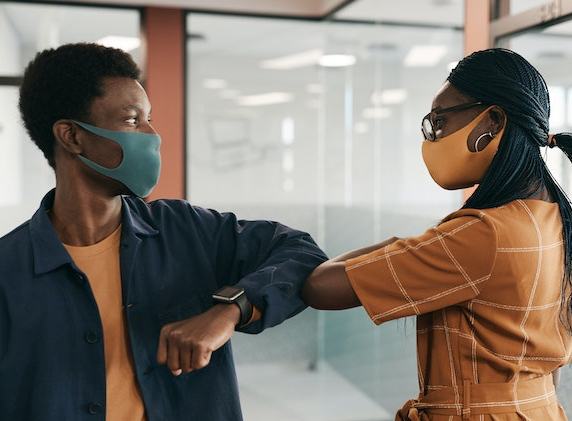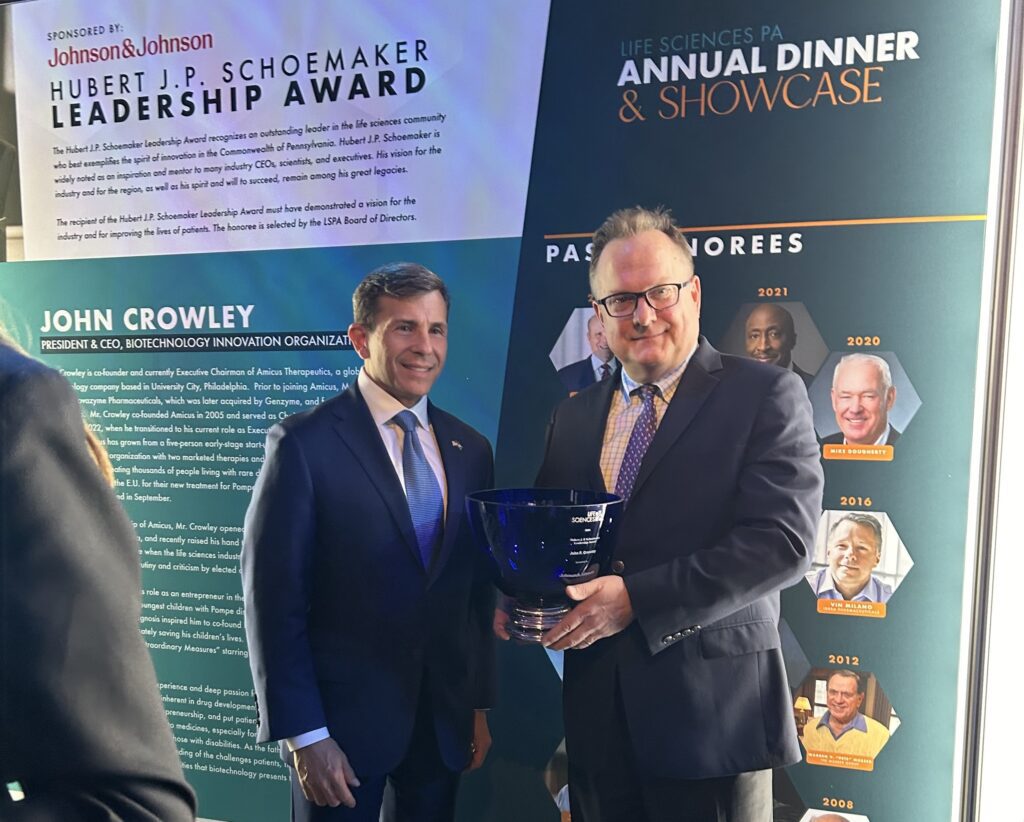

For National Public Health Week, the Biotechnology Innovation Organization (BIO) is talking to Deborah Levine, Director at the City of New York Graduate School of Public Health and Health Policy, working with the Harlem Health Initiative (HHI).
The HHI is a public health initiative that brings students and faculty directly together with the communities they serve to solve some of the most pressing public health issues in Harlem. The HHI has one aim according to its website: “to improve the health and wellbeing of the Harlem community by supporting its existing community-based organizations.”
New York Public Health
“I am a clinical psychiatric social worker, and I’ve spent my career being fortunate enough to work in Black and African American communities across the country,” Levine explains. “But I really got my start here in Harlem.” Throughout Levine’s impressive career, she has worked to address a variety of public health challenges alongside a prodigious list of organizations and illustrious NYC community leaders.
Rising from her early experience with the HIV epidemic, Levine was perfectly poised to help HHI when she came on board three years ago. “I was fortunate enough to be able to work under pioneering individuals in a time when there were no manuals for how to engage the Black community concerning the HIV epidemic,” she recalls. Years later, her early experience would help the HHI tackle the biggest public health crisis in over a century.


The timing of Levine’s hire couldn’t have been more serendipitous. “I started three years ago and then COVID hit,” she said. “So I started this position stepping out into a pandemic landscape that was not only hitting the community hard, but the whole world as well.”
Yet, COVID, with all of its challenges, became the necessary opportunity for Levine and the HHI to save lives by listening to the community’s voice. “Whatever the community needs” was the HHI’s mantra, and it is a mantra that they not only took to heart, but are still repeating to this day.
Tackling COVID
“Our Dean, Dr. Ayman El-Mohandes, is a true visionary and is willing to put community engagement practices into real life experiences,” explains Levine. “A lot of folks talk about community engagement, but being able to show up and do it in a way that centers the community, that is respectful of the community, and that is really trying to be a good neighbor in the community speaks volumes.”
And as Levine explains, respecting the community you work for requires listening deeply to the community’s experience, observations, and needs. “Having cut my teeth in the early days of the HIV epidemic, I and my team were able to use a lot of those same public health strategies during COVID,” she says.


As a result, HHI was able to not only collect important data that helped them make key public health decisions, the organization’s connection with the community allowed them to more effectively conduct outreach so that they were able to address every issue COVID threw at them.
“My background, coupled with the priorities of the program, afforded me the opportunity to share COVID data with the executive directors based on the surveys we were doing in New York City around knowledge, attitudes, and beliefs,” she recalls.


“It afforded me the opportunity to use our expertise to work with our community partners to help them put on webinars that looked at everything from what is this thing called COVID, to talking about clinical trials, to better understanding the complexity around testing, to addressing misinformation around vaccine literacy and equity, to being in the streets and helping with food distributions and working with our students to be present in the community. We were not just there to ask for something, but to show up when needed. And so for the last three years, it has afforded me the opportunity to truly listen to what our community based partners need when it comes to public health.”
Building a bigger table
“The community knows what works and what doesn’t,” asserts Levine. “They have the historical perspective that sometimes an academic, researcher, or public health expert may not have. And that is just as pertinent as someone with a masters or doctoral degree—sometimes it is more beneficial.”


Luckily, the HHI was interested in asking the important conversation through collaboration. “We have a dean who understands the importance of community engagement and helps thread that through the work,” says Levine. “Community engagement is not just something that we check off on a checklist, it is integrated into the service delivery that we provide everyday.”
She concludes, “Communities need to have a seat at the table from the very beginning. If the table is full, then we build a new table and bring new chairs, but at no time do we exclude community voices from the development of our public health strategy. If we exclude their voices, values, and experiences, then any project we start is doomed to fail.”




